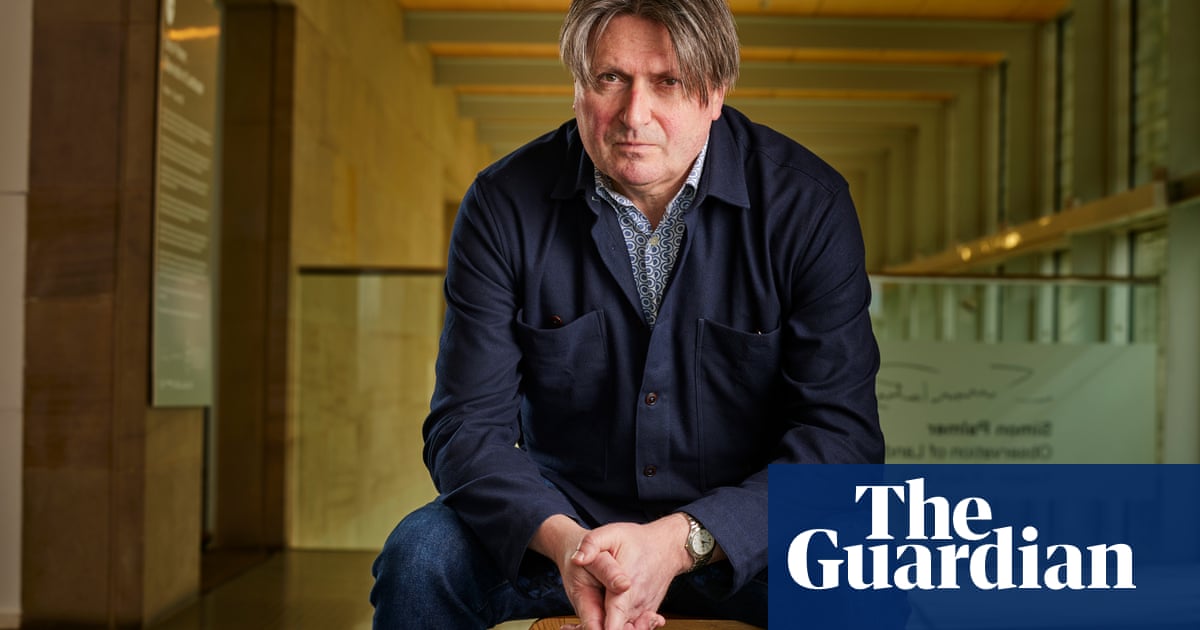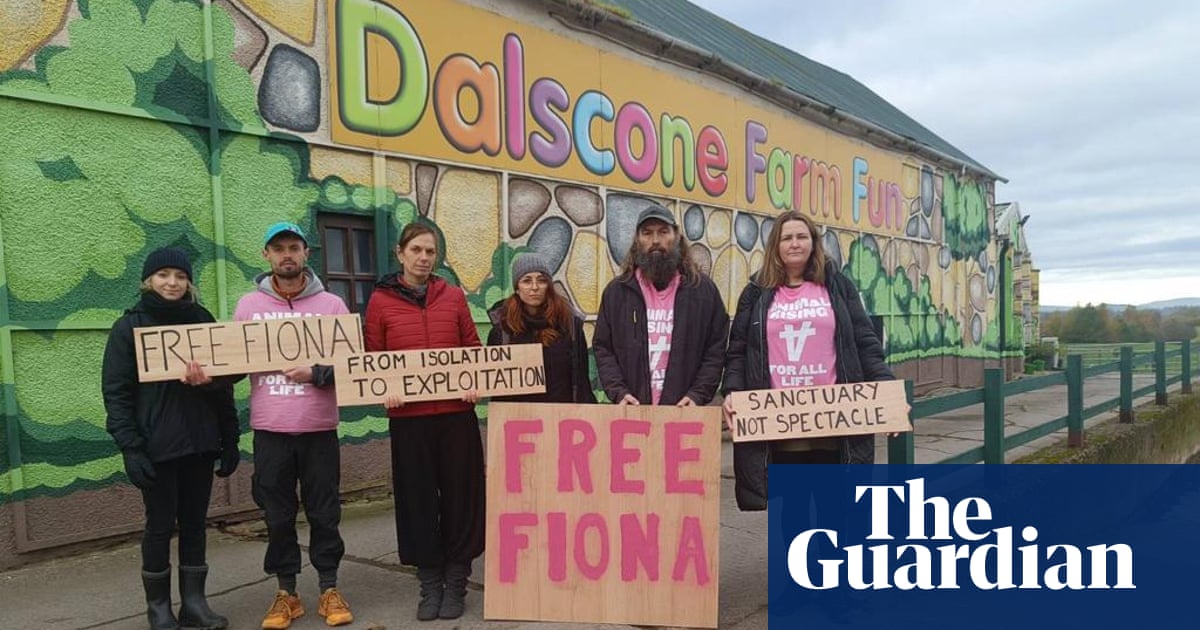
How to tell millions of individual stories? Or represent the pain and anxiety of a pandemic to audiences of the future? Perhaps it takes a national poet to attempt it.
Speaking exclusively to the Observer, Simon Armitage, the poet laureate, and his long-time collaborator, the award-winning British filmmaker Brian Hill, have revealed they are quietly tackling this challenge together.
The two are currently working on a documentary film about what many believe has been the most difficult year in recent British history. With the working title Where Did The World Go? their film, which is still in production, examines life and loss in lockdown and binds the whole narrative with a new, overarching poem from Armitage.
“It has become a little bit of a ‘shepherd’s calendar’, marking the passing seasons,” said Armitage. “We have gone through phases of lockdown.
“At first, people associated it with the weather and being outside, so although there were restrictions, there were also compensations. I probably started to feel it most keenly recently, as it got darker and colder and the days got shorter.”
Among those to feature in the film are a Welsh woman who talks of her bereavement following the loss of her elderly mother, a care home resident. The camera also focuses on the experiences of a Nigerian asylum seeker and on the proprietor of a 200-year-old family-owned shoe shop business in Devon that has closed down.
“He feels devastated that it ended on his watch,” recalls Hill. “We wanted to show the range of impact on people. We also wanted to get across somehow how Covid-19 has affected performers and entertainers so badly. We spent an extraordinary time with Zippo’s Circus in the end, talking to them about how they find a way to open up the big top again safely.”
Both Hill and Armitage say they had no idea how long the film project would last. “When we started, we really didn’t know what was going to happen, or how much access we would have,” said Hill.
“We thought we might finish this summer,” said Armitage, “but then, like anyone else, we also were aware it might go on into next year. It now it feels like this project will last a year and a bit. I am feeling more optimistic now, particularly as my parents have been invited to have a vaccine.”
One section of the film features the challenges faced by members of the prestigious Huddersfield Choral Society, who were also the subject of a separate project, We’ll Sing, with Armitage last month. Not only has this choir had to contend with restrictions on public singing, but it has also suffered the loss of two members to the virus. Armitage wrote lyrics for the choir to sing, including Lyrics for Huddersfield, with the refrain: “Till the world discovers its voice again we’ll sing, we’ll sing”, and The Songthrush and the Mountain Ash, about a visit to an uncomprehending care resident:
“Through the hospital window
she asked again
why I stood outside
in the wind and rain,
and said she didn’t
understand
why I didn’t want
to touch her hand.”
“We decided to put some modern dance to this music for our film because dancers have also been so affected,” said Hill, who runs Century Films and who also recently worked on the acclaimed BBC4 lockdown film Unprecedented. “Simon has written about his own thoughts and will also pick up on the themes from the stories we have encountered. We are also using archive footage so there will be some past-tense moments, looking at the early news from Wuhan, China, and what we felt then.”
Shooting the film has inevitably been stop-start. “We have had to cancel some things,” said Armitage. “Most recently we had arranged an event in London where people were wearing masks, rather like a masked ball. We could have continued with it, as it was work, but we felt we should leave it until people felt more at ease.”
Armitage said he makes no clear distinction in his writing between his own experience of the pandemic and those of others. “They overlap,” he said. “I often bring myself into my poetry, and in fact I haven’t yet got to that element of the film where I write in response to others. It is not all in the first person but it is a personal perspective. I have written about a third of it so far, and that will the very last part.”
Armitage said the main poem will act as “a bit of a speaking clock, voicing the whole”.
His writing so far has been largely prompted by news coverage, and he has felt the need to regain balance by drawing away at times and reading about other things. “A book can give perspective by showing this is not the worst that has happened.”
But, even though he is the royally appointed poet, he does not feel any pressure to raise national morale by painting a rosy picture: “I’m no cheerleader. I haven’t got the pom-poms. But I do think people find resilience from emotional truth.”












